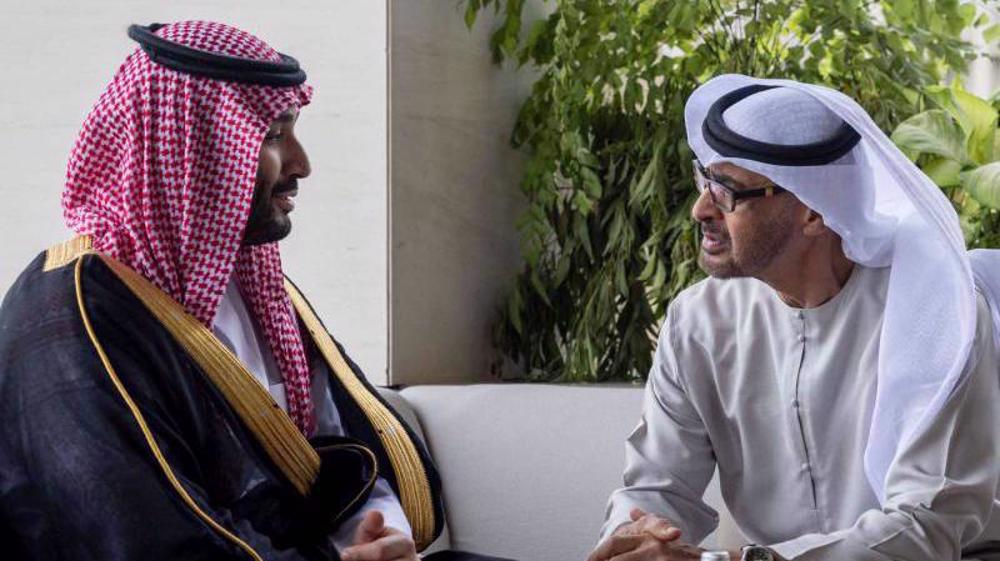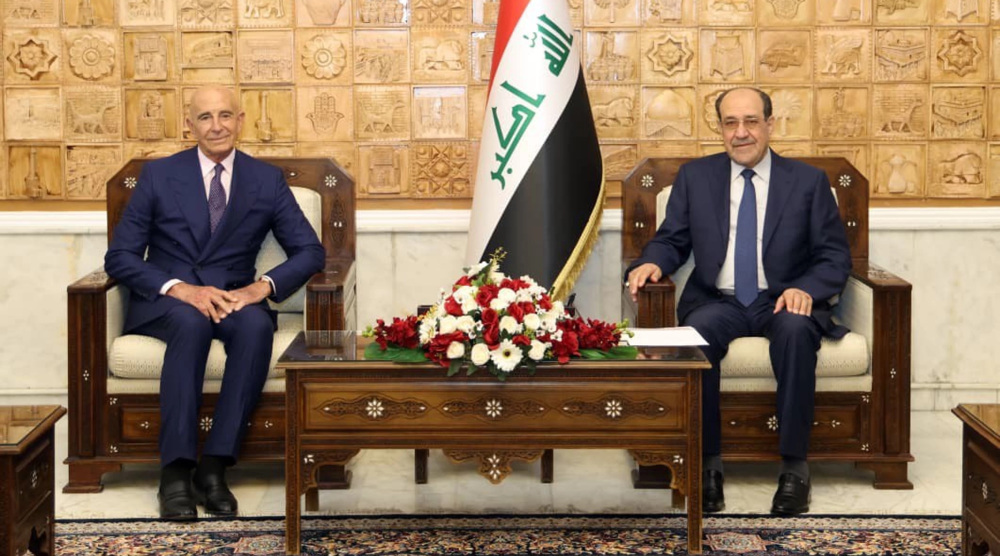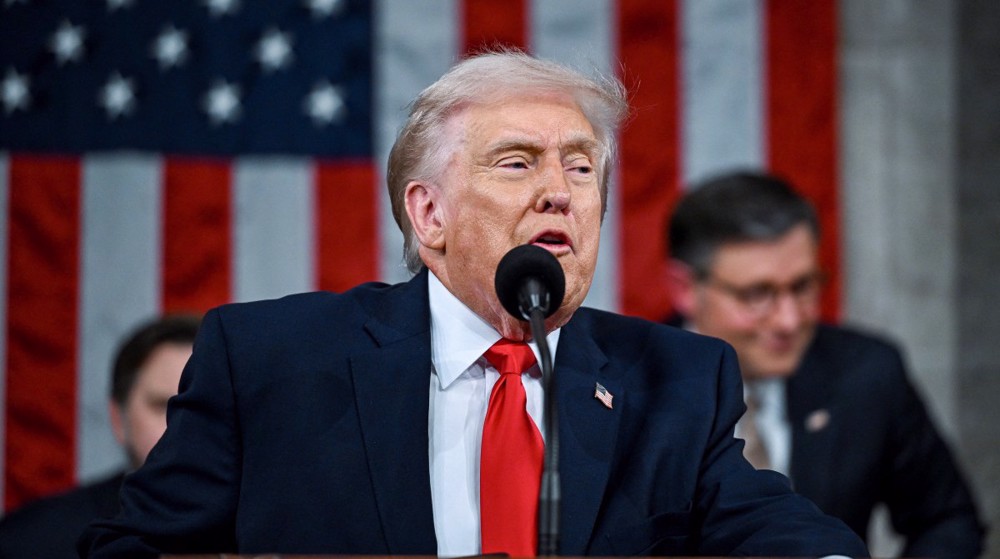US halves diplomatic staff in Cuba over mysterious health 'attacks'
US Secretary of State Rex Tillerson says Washington is withdrawing more than half of its personnel from the US embassy in Cuba in response to mysterious health “attacks” that have sickened American diplomatic staffers in Havana.
In announcing the move on Friday, Tillerson said Washington would maintain diplomatic ties with Havana, which were only restored in 2015 during the administration of then President Barack Obama, and which have deteriorated since President Donald Trump took office in January.
"Cuba has told us it will continue to investigate these attacks and we will continue to cooperate with them in this effort," Tillerson said in a statement.
"We maintain diplomatic relations with Cuba, and our work in Cuba continues to be guided by the national security and foreign policy interests of the United States."
The attacks of an unknown nature have targeted at least 21 US embassy staff in Havana over the past few months, Tillerson said.
Those affected have exhibited physical symptoms including dizziness, headache, fatigue, hearing loss, difficulty sleeping and cognitive issues. The US State Department says "incidents" began affecting them in late 2016.
Washington’s withdrawal of its embassy staff is a new blow to fragile relations between the former Cold War foes.
On Friday, Cuba slammed the US decision as "hasty" and warned the move would affect ties.
"We consider the decision announced by the US government today, through the State Department, to be hasty, and it will affect bilateral relations," said the head of North American affairs at Cuba's foreign ministry, Josefina Vidal, quoted on state television.
"The Cuban government has no responsibility in this case and strictly respects its obligations under the Vienna Convention" regarding the protection of diplomats as well as their families, she said.
The United States broke off diplomatic relations with Cuba in 1961 and placed an official embargo against the country in 1962.
The two countries became ideological foes soon after the 1959 revolution that brought Fidel Castro to power and their ties remained hostile even after the end of the Cold War.
The Obama administration re-established diplomatic relations with Cuba in 2015. Nevertheless, Washington continues to maintain its commercial, economic, and financial embargo, which makes it illegal for US corporations to do business with Cuba.
Trump vowed in June to partially roll back the détente devised by Obama. Trump described Havana as “corrupt and destabilizing” in his address to the United Nations General Assembly earlier this month.
US-allied fuel tanker attacked by Iran still burning in Strait of Hormuz: IRGC
Attacks on hospitals, schools ‘strike at life itself’: Pezeshkian
Iran’s attacks on US bases ‘legitimate’ response to source of aggression: Araghchi
IRGC targets US intelligence centers, military depots in 11th wave of attacks
US-Israeli attacks damage 5 hospitals, medical centers in Iran: MP
Unlike US, Iran prepared for a long war: Security chief
Missile sirens will never stop in Israeli-occupied territories, Iran warns
Leader’s martyrdom will drive Iran to greater dignity and victory: Senior cleric
















 This makes it easy to access the Press TV website
This makes it easy to access the Press TV website